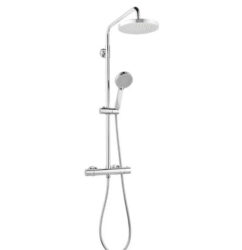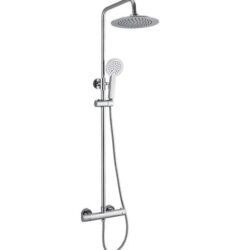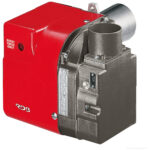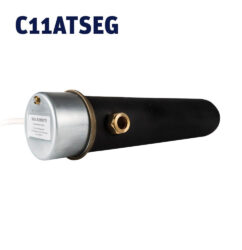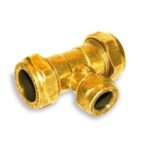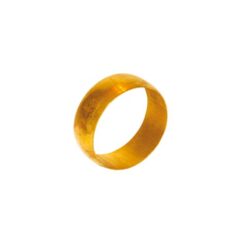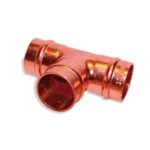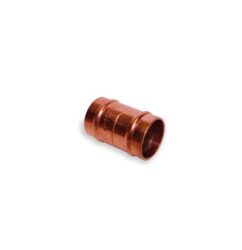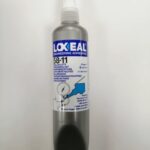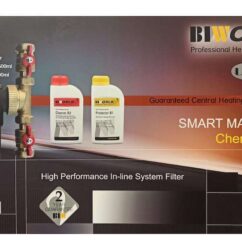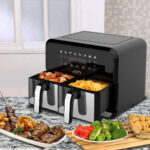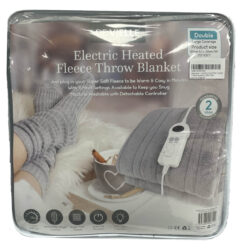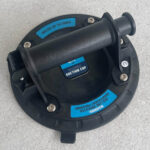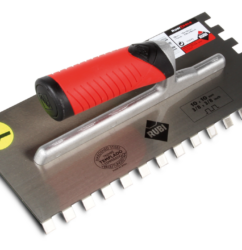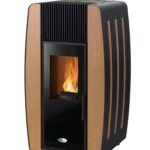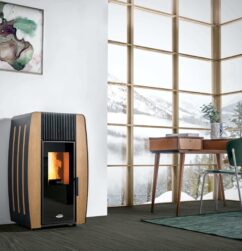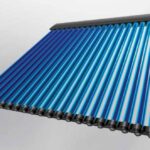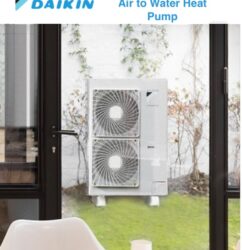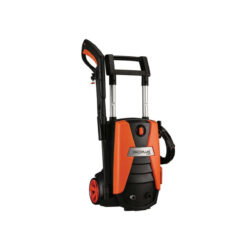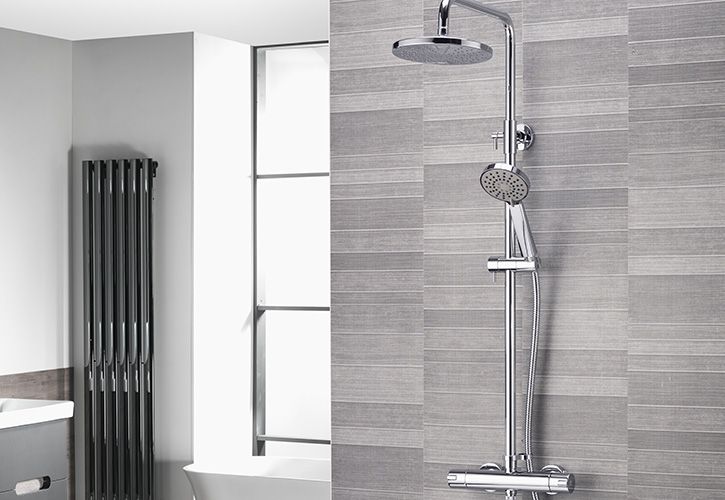How to Keep Heating Radiators Healthy: A Comprehensive Guide
Heating radiators are a vital component of any home's central heating system, responsible for providing warmth and comfort during the cold months. However, to ensure they operate efficiently and effectively, it's crucial to keep them healthy. Neglecting radiator maintenance can lead to reduced heating efficiency, increased energy bills, and potential damage to your entire heating system. In this comprehensive guide, we'll explore the essential steps to keep your heating radiators in excellent health.
- Regular Cleaning
Radiators tend to accumulate dust, dirt, and even rust over time. This buildup can obstruct the flow of hot air and reduce their efficiency. To prevent this, make a habit of cleaning your radiators regularly. Here's how:
a. Turn off the heating system to ensure safety.
b. Use a soft brush or a vacuum cleaner with a brush attachment to remove dust and debris from the radiator's surface and fins.
c. For stubborn dirt or rust spots, use a mixture of vinegar and water or a specialized radiator cleaning solution. Gently scrub the affected areas with a soft cloth or sponge.
d. Finish by wiping the radiator down with a clean, damp cloth.
- Bleeding Radiators
Over time, air can become trapped inside your radiators, preventing them from heating up fully. This leads to cold spots and reduced heating efficiency. Bleeding your radiators is a simple process that releases trapped air. Here's how to do it:
a. Turn off the heating system.
b. Locate the radiator bleed valve, typically found at the top of the radiator on one of the ends.
c. Place a cloth or towel beneath the valve to catch any water.
d. Use a radiator key or a flat-head screwdriver to slowly turn the valve counterclockwise until you hear a hissing sound. This indicates that air is escaping.
e. Once water starts to dribble out, close the valve tightly.
f. Check all radiators in your home and repeat this process if needed.
- Maintain Proper Pressure
The pressure in your heating system plays a vital role in radiator performance. If the pressure is too low, radiators may not heat up correctly. If it's too high, it can cause leaks and damage. Consult your heating system's manual to find the recommended pressure levels and use a pressure gauge to check and adjust as necessary.
- Monitor for Leaks
Leaks can develop in your radiator system over time, leading to water damage and reduced efficiency. Regularly inspect your radiators and the surrounding area for any signs of moisture or corrosion. If you notice a leak, it's crucial to address it promptly by contacting a professional plumber or heating technician.
- Balance the System
Balancing your heating system ensures that each radiator in your home receives the right amount of hot water, preventing uneven heating. This can be a bit more complex and may require professional assistance. A heating engineer can adjust the flow rates to balance the system effectively.
Conclusion
Keeping your heating radiators healthy is essential for maintaining a warm and comfortable home while maximizing energy efficiency. Regular cleaning, bleeding, maintaining proper pressure, monitoring for leaks, and balancing the system are all crucial steps to ensure your radiators operate at their best.
By following these guidelines and addressing any issues promptly, you can extend the lifespan of your radiators and enjoy a cozy and cost-effective heating system for years to come.


